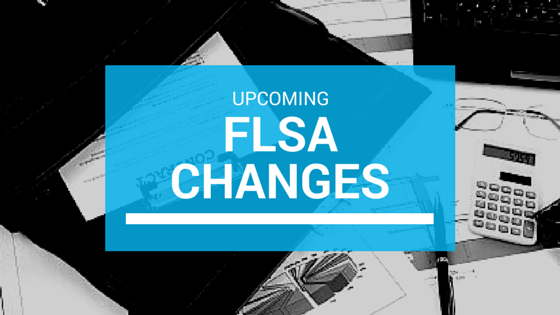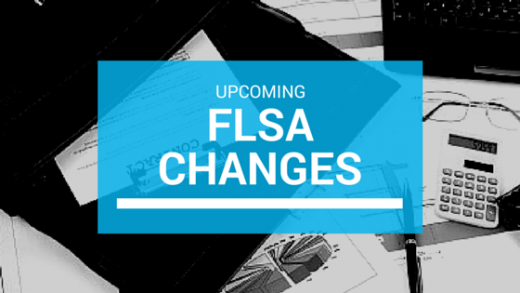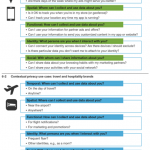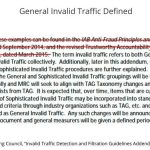The Real Deal Behind The FLSA Overtime Regulations
May 18, 2016

Today, Joe Biden has announced the new Fair Labor Standards Act (FLSA) changes, impacting an estimated 4.2 million working Americans. The FLSA is the federal law that governs overtime pay and other labor issues. Although the changes became law today, covered employers are not required to implement them until December 1st of 2016. The changes were made to ensure that employees receive fair compensation and to protect those employees working 50 to 60 hours per week without adequate compensation.
How do the FLSA changes affect employees?
Most employees fall under an exempt or non-exempt status. Prior to the changes, non-exempt employees were those employees that earned $ 23,660 or less per year. The new standards raise the salary threshold for those employees that earn $ 47,476, nearly $ 3,000 less than what was originally proposed, and now classifies these employees as non-exempt.
The FLSA requires that covered employers provide non-exempt employees overtime pay of time and half or more per hour once the employee has worked 40 hours of work in a workweek. A “workweek” is considered “any fixed and regularly recurring period of 168 hours” in seven consecutive days. Covered employers must provide overtime pay even if the employee did not receive prior approval to work more than 40 hours during a workweek.
Defining a “covered employer” under the FLSA
Not all employers are required to implement the new FLSA overtime rules; only those considered a “covered employer” are included. What is considered a “covered employer?” A covered employer is an employer that has at least two employees and is considered an “enterprise.” An enterprise includes:
- Businesses or organizations that have an annual dollar volume of sales or receipts of at least $ 500,000
- Hospitals or businesses providing medical services or nursing care for residents regardless if they are private or public
- Schools including pre-schools and higher education institutions regardless if the school is private, public, for-profit, or non-profit
- State and federal agencies
Prepare for the FLSA overtime changes.
Human resources professionals, supervisors, and managers employed by covered employers should prepare now for the new FLSA laws to ensure their organizations do not violate federal law. Violation of the law can result in serious liability and make the employer vulnerable to litigation or an audit by the Department of Labor.
Here are 7 ways to prepare for the FLSA changes:
- Assess your current workforce to determine any reclassification of workers from exempt to non-exempt status.
- Inform employees of the FLSA changes and detail how those changes may impact their employment and paychecks.
- Review budgets to determine the effect of additional overtime pay.
- Decide whether to increase salaries for any newly reclassified employees whose workload or responsibilities traditionally surpass a 40-hour workweek.
- Look into hiring temp workers or additional staff to assist with administrative or time-consuming tasks so you can be sure to stay within new time restrictions for those newly classified non-exempt employees.
- Go over job descriptions to determine what tasks and responsibilities can be shifted to other staff members.
- Educate newly classified non-exempt employees on timekeeping procedures and update systems or processes as needed.
Now is the time to react to the impact the FLSA overtime changes have on you and your workforce. To learn more, please contact your local Adecco branch today.
Business & Finance Articles on Business 2 Community
(21)













